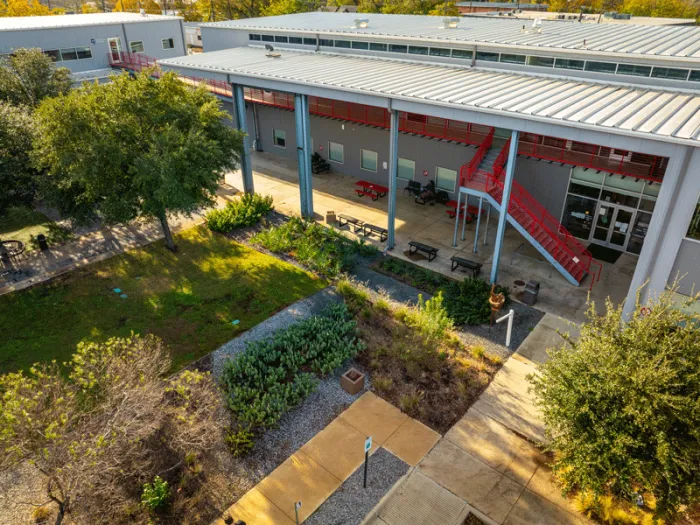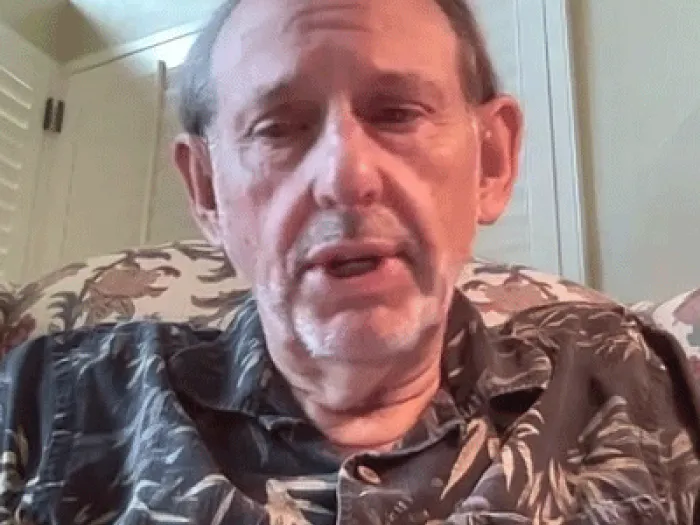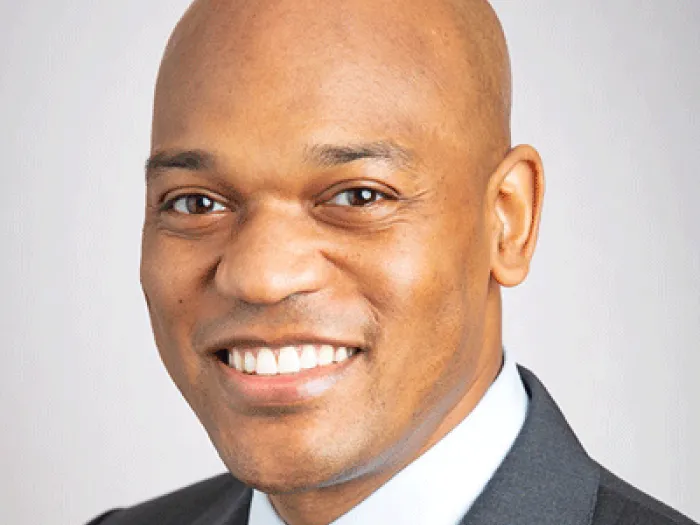First GA town hall is a how-to for Creation care at the local level
Presbyterians offer up solutions as they look forward to the 226th General Assembly


LOUISVILLE — During the first town hall offered Thursday by the Office of the General Assembly ahead of the 226th General Assembly, more than 30 Presbyterians gathered online to, as host Jessica Maudlin said, “engage with each other about your experiences with Creation care and climate change in your context.”
Once she’d welcomed everyone, Maudlin, Associate for Sustainable Living and Earth Care Concerns in the Presbyterian Hunger Program, immediately gave the floor to those who’d dialed in. Participants had accounts of their faith community’s efforts to care for Creation; comments about GA overtures, including Env-02 and ENV-03; and questions on how to pay for the installation of solar panels and other Creation care options at their churches.
Martha Campbell, a member of Montreat Presbyterian Church, an Earth Care Congregation in North Carolina, encouraged churches to consider becoming cooling or warming shelters in their communities. Campbell said a church member who volunteers at an area Habitat ReStore purchases fans during the summer and space heaters in winter months. Church members refurbish them and then distribute them to an agency that serves the wider community.
Barbara Morrison sees many hopeful signs in her community, Traverse City, Michigan. Her church secured a grant to put in native plants and recently started a high-density pocket forest. “A lot of us are fostering trees this summer,” Morrison said, “helping the roots to grow.”
The congregation also plans an upgrade to its HVAC system and is exploring installing solar panels on the roof. “It’s nice to know we can tap into programs the national government has to facilitate what the church is doing,” Morrison said.
In addition to the Presbyterian Investment & Loan Program’s Restoring Creation Loan, Maudlin told participants that many presbyteries have “projects and programs to help churches be more energy efficient.”

Dr. Mark Eakin of Presbyterians for Earth Care noted that grants and rebates from the federal government designed to help churches boost their energy efficiency are usually “administered by your state.” He suggested checking with Interfaith Power & Light or the state’s environmental office, because “they’re well-informed on this.”
Jennifer Houston said her church in Washington state recently applied for a feasibility study on installing solar panels and battery storage, but didn’t make the cut. “For a minute I was discouraged,” Houston said. “They said, ‘Apply again. More money is becoming available.’ With help, I was able to fill out the grant forms. It wasn’t as overwhelming as I thought it would be.”
At her church, the youth group put in native plants a decade ago. It’s since been designated as a backyard wildlife habitat. A ninth grader recently used Creation Justice Ministries’ Plastic Jesus materials to craft a sermon. “It was moving,” Houston said. “People were coming up and saying, ‘What can we do?’”
Steve Bruening, who’s a member of a congregation in Cincinnati, said the church is exploring financing a large solar array and is wondering how to message the idea among the church’s 600 members.
Eakin said for his church, Warner Memorial Presbyterian Church in Kensington, Maryland, “it was a seven-year process” involving a community partner and a solar development company which agreed to lease the church’s roof. When the session learned the installation would save the church 27% on its electric bill and that members of the community would also be provided reduced-cost energy, “it was a fairly easy sell,” Eakin said.
The Rev. Fred Milligan, another member of Presbyterians for Earth Care, just completed an interim ministry at a church in New Jersey. The church had a plan developed several years ago for making energy-saving investments. “We dusted it off and got in touch with a solar contractor,” Milligan said. “Some of the key ingredients of the plan had shifted and they found they could afford installation of solar to provide all their electrical needs” thanks to programs funded by the Inflation Reduction Act and by the state.
“At the end of 10 years, they will have recouped all their financial outlay,” Milligan said, adding, “each state is different.” He recommended looking into “what your state provides.”
Campbell said churches can care for the Earth in small ways. Her church gives new members a cloth bag emblazoned with the church’s logo, which many use in place of plastic bags at the grocery store. The church has no building and worships on the grounds of Montreat Conference Center. When it holds a fellowship dinner, people bring their own plates and flatware, then wash them at home.
Kevin Schoener, a ruling elder in the Presbytery of Western New York, talked about his congregation’s involvement with the Waterkeeper organization, which works to promote clean, healthy and abundant water. “We have found folks tend to be more easily educated when they’re doing something,” Schoener said. “If there’s an event you can spearhead or participate in publicly, it’s a great opportunity to help out and educate folks.”
General Assembly town halls are announced here.
You may freely reuse and distribute this article in its entirety for non-commercial purposes in any medium. Please include author attribution, photography credits, and a link to the original article. This work is licensed under a Creative Commons Attribution-NonCommercial-NoDeratives 4.0 International License.




